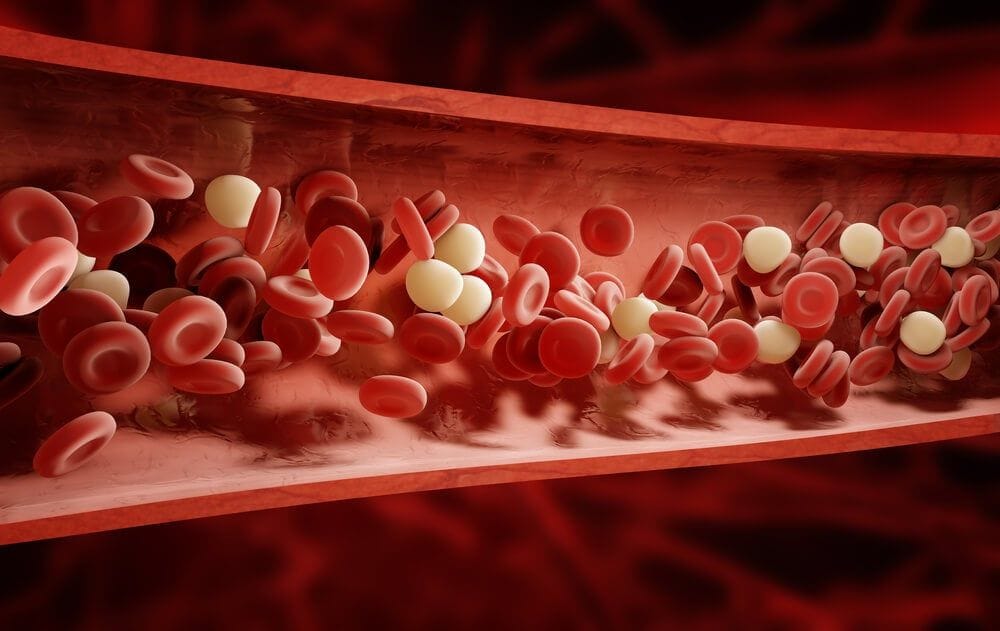Inferior Vena Cava Filters: What Litigators Need to Know
Ongoing litigation against IVC filter maker C.R. Bard raises concerns over device fractures, FDA reports, and failure to warn, with key rulings on expert testimony.
Updated on
There are 23 lawsuits nationwide against inferior vena cava (IVC) filter manufacturer R.C. Bard that are seeking to consolidate in an MDL, with the Judicial Panel on Multidistrict Litigation debating the matter in an upcoming hearing session on July 30.
The IVC filters are implanted in people in order to capture blood clots heading to the heart or lungs. In 2010, the U.S. Food and Drug Administration (FDA) released a report stating that they had received 921 adverse event reports involving IVC filters since 2005. These events refer to IVC filter fractures, which cause the implants to detach and migrate through the body. They then often perforate organs along the way, sometimes leading to death. In 2014, the FDA decided that IVC filters should be removed between 29 and 54 days after implantation in order to avoid these complications. Something the manufacturers have failed to warn doctors or patients about.
In addition to the lawsuits looking to consolidate in the MDL, there have been efforts to form a class action for those who have not yet suffered complications from an implanted IVC filter. These complaints seek to force Bard to pay for the medical monitoring that patients will need to ensure that the filters do not fracture while implanted in them. As mentioned above, 921 adverse events were reported between 2005 and 2010. According to the complaints, an estimated 100,000 individuals have been implanted with a Bard Recovery IVC Filter, or Bard G2 or G2 Express IVC filter, and have yet to suffer injuries.
As for the existing IVC filter lawsuits against Bard, the first of these trials occurred in 2012. Bard received a favorable verdict from an Arizona state court jury, which found that the devices were not defectively designed. Bard has used this verdict to support its position in subsequent cases, while claiming that the product’s failure rate is only 1.2%.
Outside experts have said that the failure rate is actually closer to 12% for the devices.
The most recent decision involving one of the cases currently seeking to be consolidated came from Tillman v. C.R. Bard, Inc., 2015 U.S. Dist. LEXIS 40338, in which the Defendant’s Motion for Summary Judgment was granted as to Plaintiff’s claim for failure to warn, but the court found questions of fact as to whether the filter is unreasonably dangerous due to its design and manufacturing. Earlier in 2015, Bard settled with a plaintiff in Nevada who had an IVC filter break and then perforate his heart. The plaintiff survived, but had to undergo open-heart surgery to remove one of the fractured legs of the device from his heart. Details of the settlement were not released.
Because of the questions of fact in regards to the design and manufacturing of Bard filters, expert witnesses will play a key role in trials such as Tillman or the upcoming class action suit. In addition to discussing Motions for Summary Judgment, the judge in Tillman also addressed the Defendant’s motions to exclude expert witnesses provided by the Plaintiff. The experts included several professors of mechanical engineering and of materials science, as well as a public health expert.
The judge decided that parts of each expert’s testimony was to be excluded. However, the professor who had biomedical engineering experience was the most qualified to testify due to his experience in the specific field. Because of this expert’s extensive educational and professional experience in biomedical engineering, biomaterials, biomechanics, medical device design and system safety, and FDA regulatory processes, and because he had spent a substantial amount of time researching, writing, teaching and consulting in these areas, and has published on topics of medical device design and system safety, as well as FDA regulatory issues, the Court found that he was qualified to testify on the applicable FDA regulations, as well as medical device design and testing.
The Court granted Defendant’s motion to exclude expert testimony regarding the marketing of the filter and failure to warn. Surmising that none of the experts who testified about this issue were qualified to do so. However, the surviving expert testimony in Tillman will be presented to the jury as they answer the question of whether or not Bard’s filters were defectively designed and manufactured due to the materials used and the testing performed.
In their respective testimonies, the experts compared the methods and materials used by Bard to those used by other IVC Filter manufacturers. The expert with biomedical engineering experience testified as to industry standards and FDA regulations as well. Using the outcome of Tillman moving forward, experts who are qualified to testify about the engineering and manufacturing of filters who have professional experience in the industry will be most useful to plaintiffs suing Bard or other IVC filter manufacturers.
.


